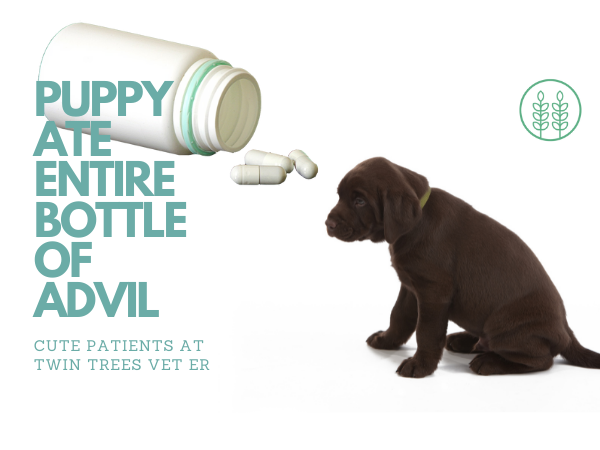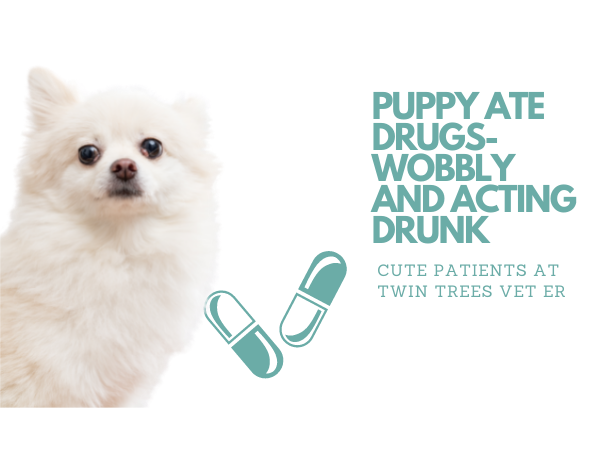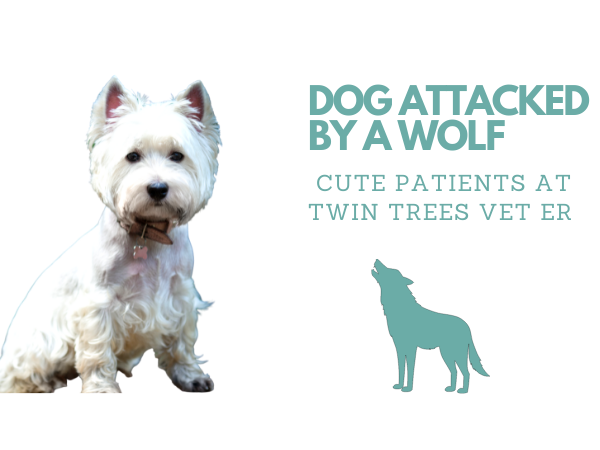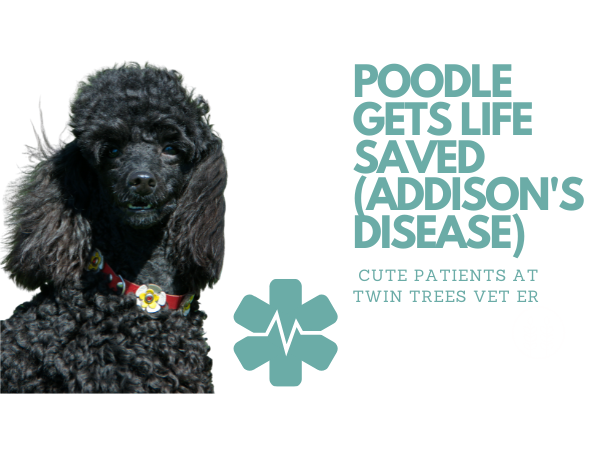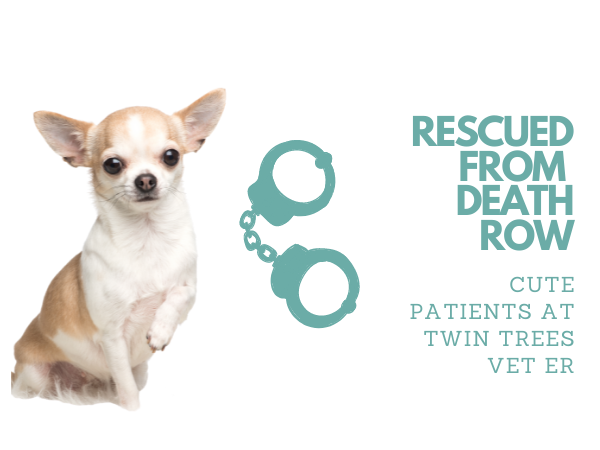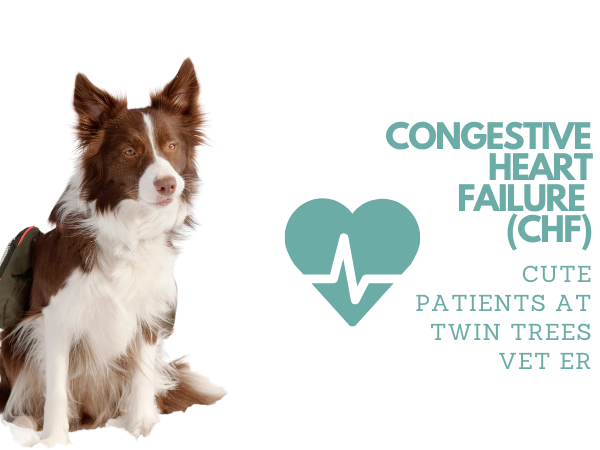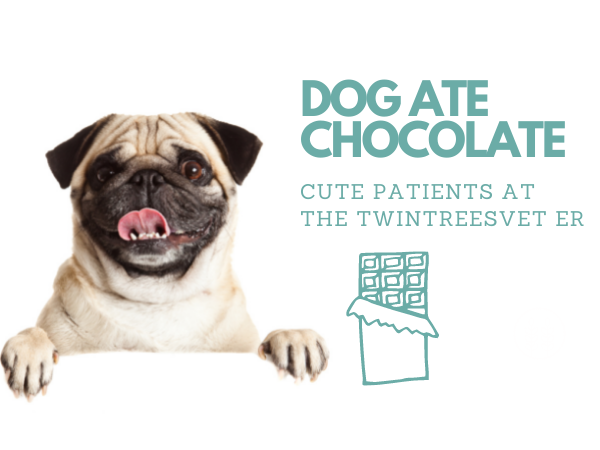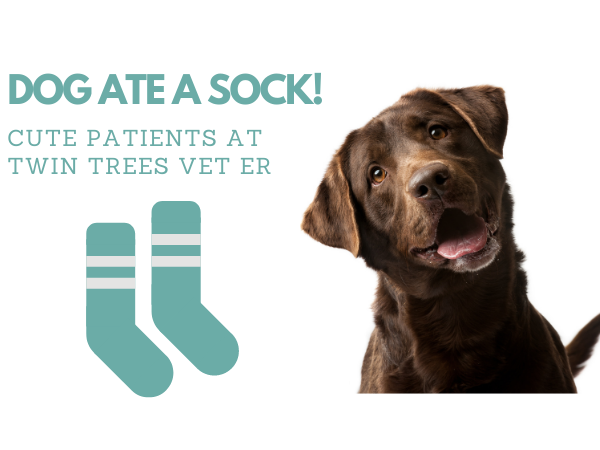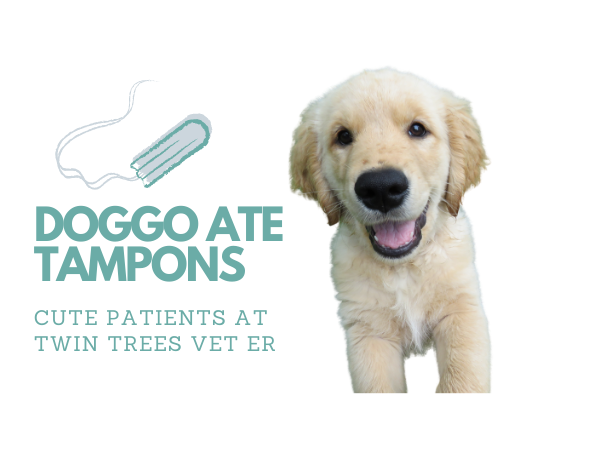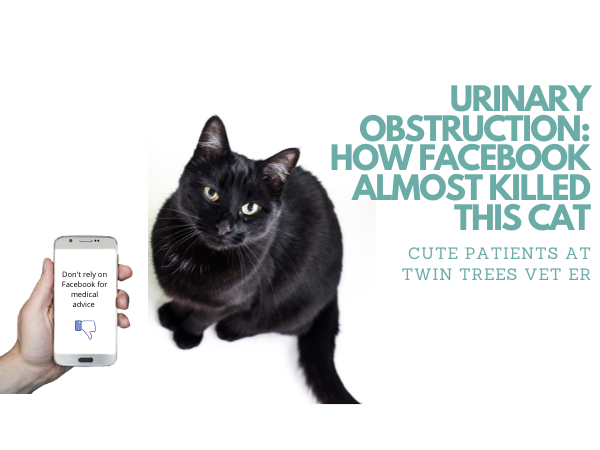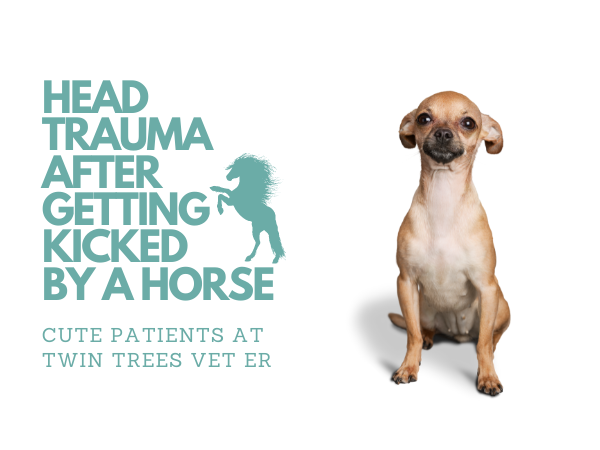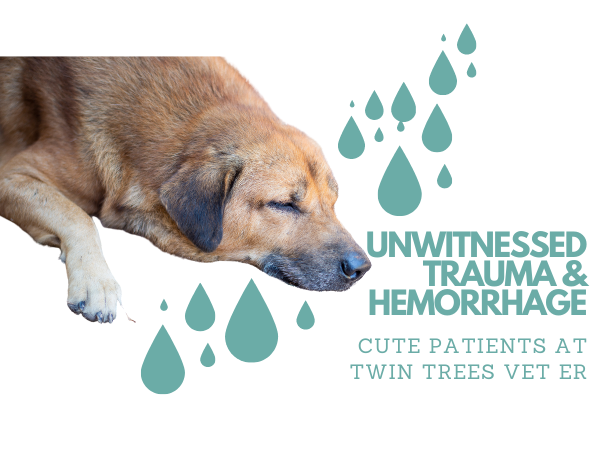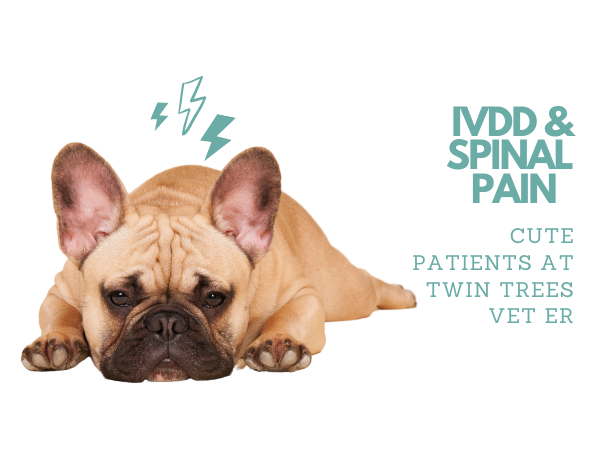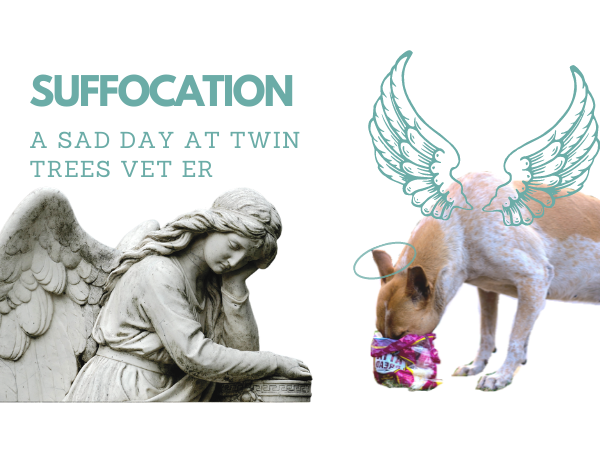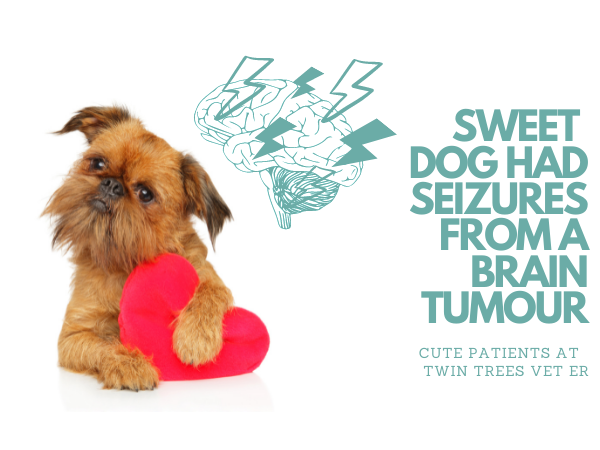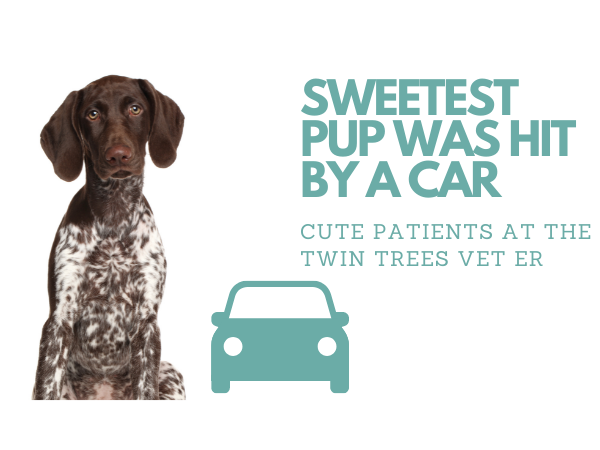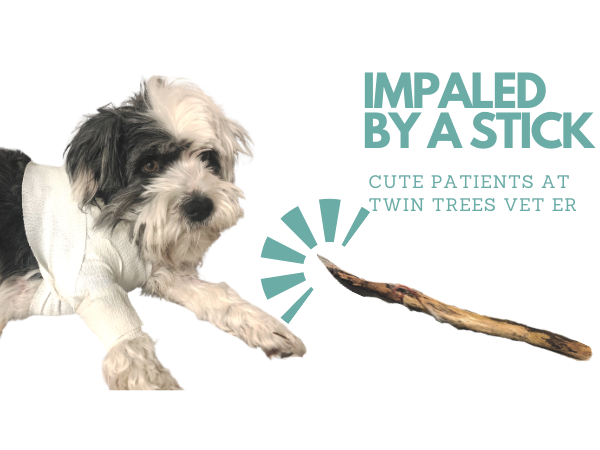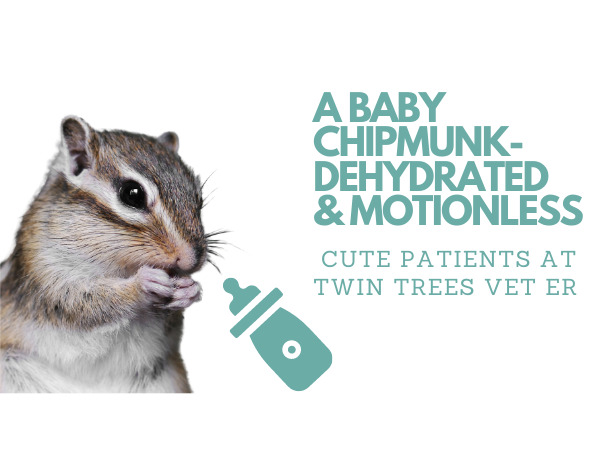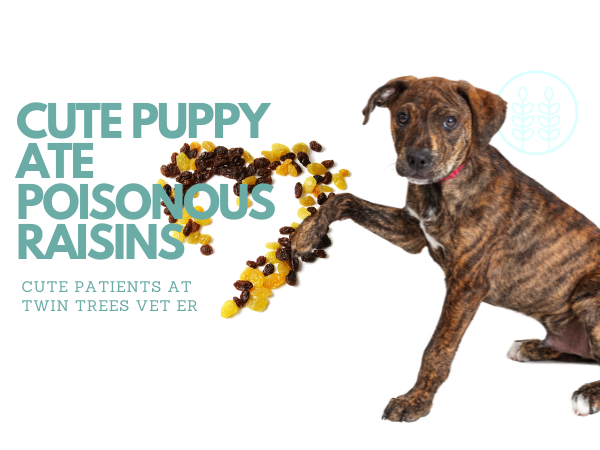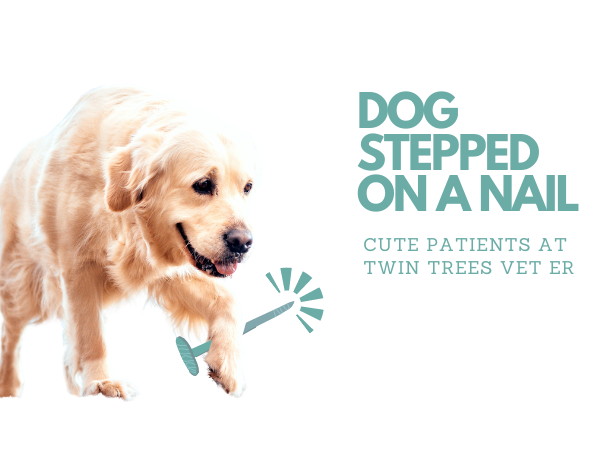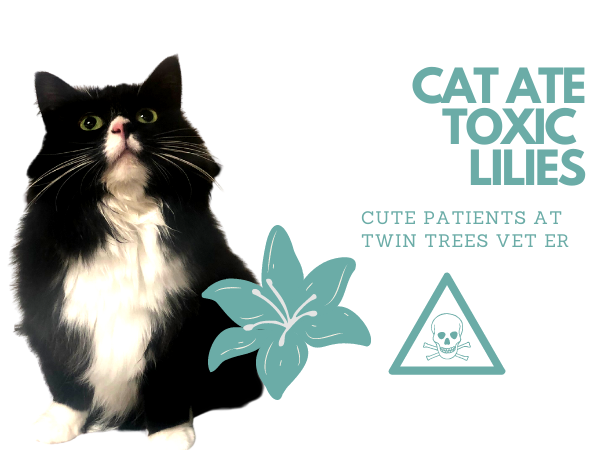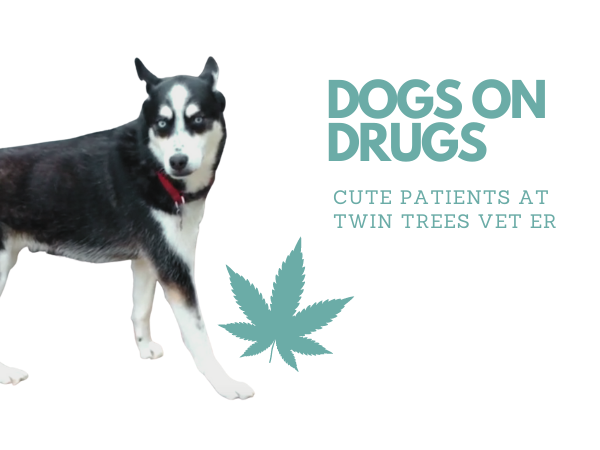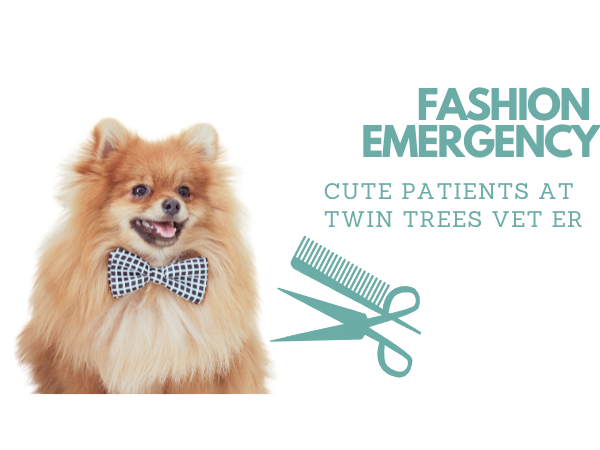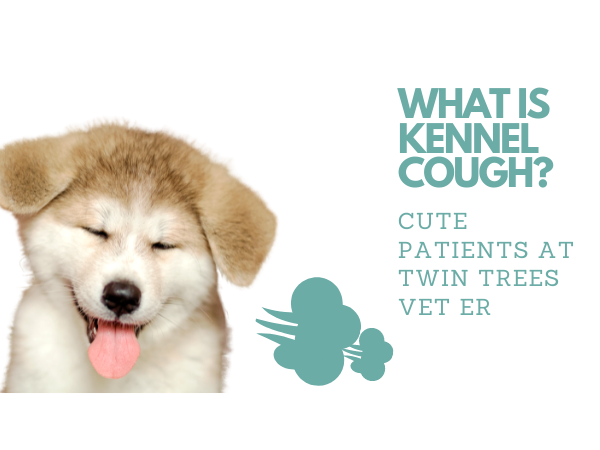These are some of the cute patients that have come through our doors at the Twin Trees Vet ER. In these videos and on our blog, we discuss some of the different reasons that they were brought in, and we offer tips to help keep your pet safe. Most importantly, learn how to avoid common emergencies altogether so your pet doesn't end up in the ER like these guys did (watch Section 1 of our Pet First Aid Course!!)
1) DON'T WAIT TOO LONG TO GET HELP! If you wait too long, it could be too late. This is especially true for concerns such as laboured breathing, pale gums and weakness. You know your pet best, so if you are worried or concerned, "when in doubt, check it out!"
2) PREVENT THE PREVENTABLE. Learn as much as possible about dangers that face your pet, such as household poisons, seemingly harmless objects (such as toys, clothing, garbage and rocks), other animals, and vehicles. Pets are like toddlers and they need a responsible adult/babysitter to protect them from danger. Puppies and kittens need to start their vaccines at 8 WEEKS (and they need boosters too!) to protect them from deadly diseases.
3) BE PREPARED FOR THE WORST CASE SCENARIO. Have a plan in place, know your nearest emergency clinic, have the ASPCA phone number on speed dial. Know basic first aid training and CPR. But MOST IMPORTANTLY, BE FINANCIALLY PREPARED. The cost of medical treatment in an emergency, and the owners' ability to pay for it, is probably the most important factor that determines whether a pet will receive the medical care it needs. The best way to protect yourself is to have good medical insurance for your pet. Do your research.
**REMEMBER**: WE ARE ALL ON THE SAME TEAM, with the best interest of the patient as everyone's first priority. Let your vet do what he/she does best, and don't try to grab the steering wheel and obstruct your vet from doing his/her job. We are all in the same car, we are all headed to the same place, but only one of us has the driver's license (meaning, only the vet has the medical training and background to "drive the car").
The medical information on this site is provided as an educational resource only, and is not to be used or relied on for any diagnostic or treatment purposes. This information does not create any veterinarian-client-patient relationship, and should not be used as a substitute for professional diagnosis and treatment.
Please consult your pet's health care provider before making any health care decisions or for guidance about a specific medical condition. Twin Trees Vet expressly disclaims responsibility, and shall have no liability, for any damages, loss, injury, or liability whatsoever suffered as a result of your reliance on the information contained in this site.
Having good medical insurance is highly recommended and can be life-saving in situations of catastrophic illness and injury.

